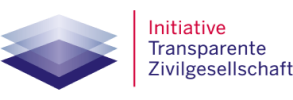Day 20
2.5 l of drinking water daily for carefree learning in Burkina Faso
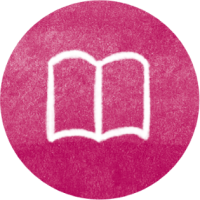 More than a drop in the ocean
More than a drop in the ocean
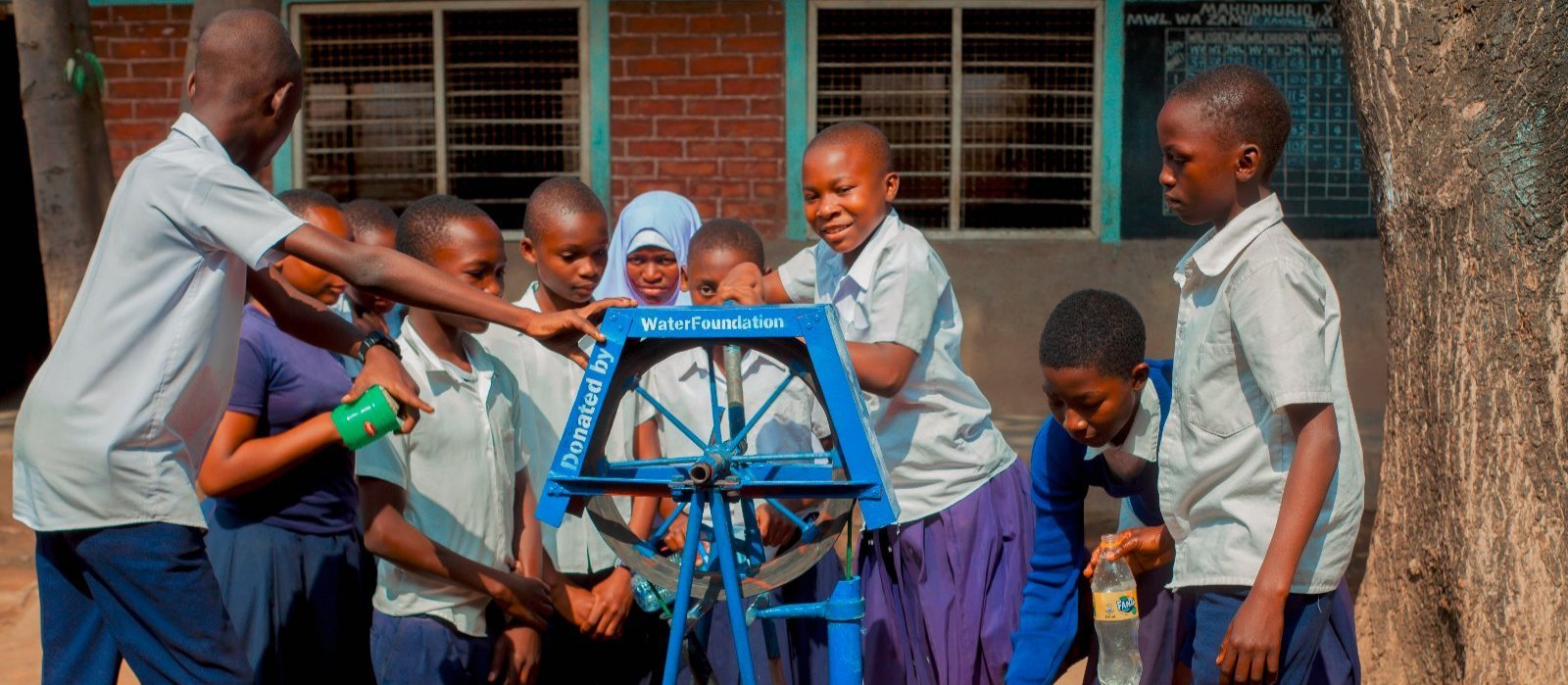
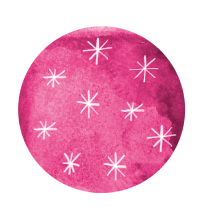
Clear water for a clear head


Fußballspieler Edmond Tapsoba von Bayer 04 Leverkusen erzählt dir von seinem Lieblingsprojekt
need
Secure drinking water supply for schoolchildren and their families in Burkina Faso
activity
Local companies are building three deep wells near educational centers in Burkina Faso to facilitate access to high-quality drinking water for schoolchildren and their families
Measurable performance
Three wells near educational centers for drinking water, industrial water and vegetable cultivation
Result
Schoolchildren and their families (6000 people in total) receive permanent, safe access to high-quality water
Systemically relevant impact
The population has clean drinking water, hygiene conditions improve, the diet becomes more varied and nutritious, and it is easier for children and young people to attend school and learn
background
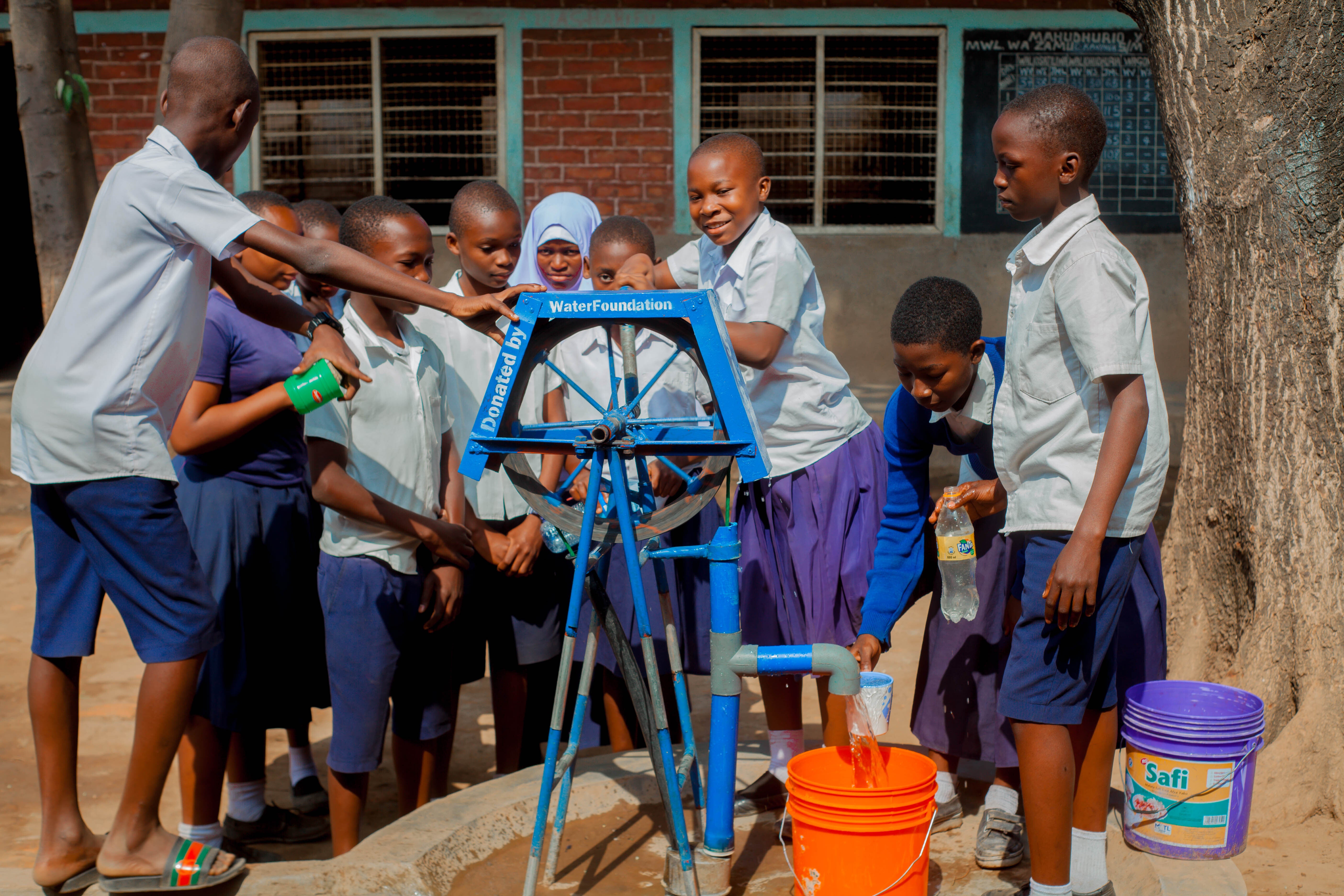
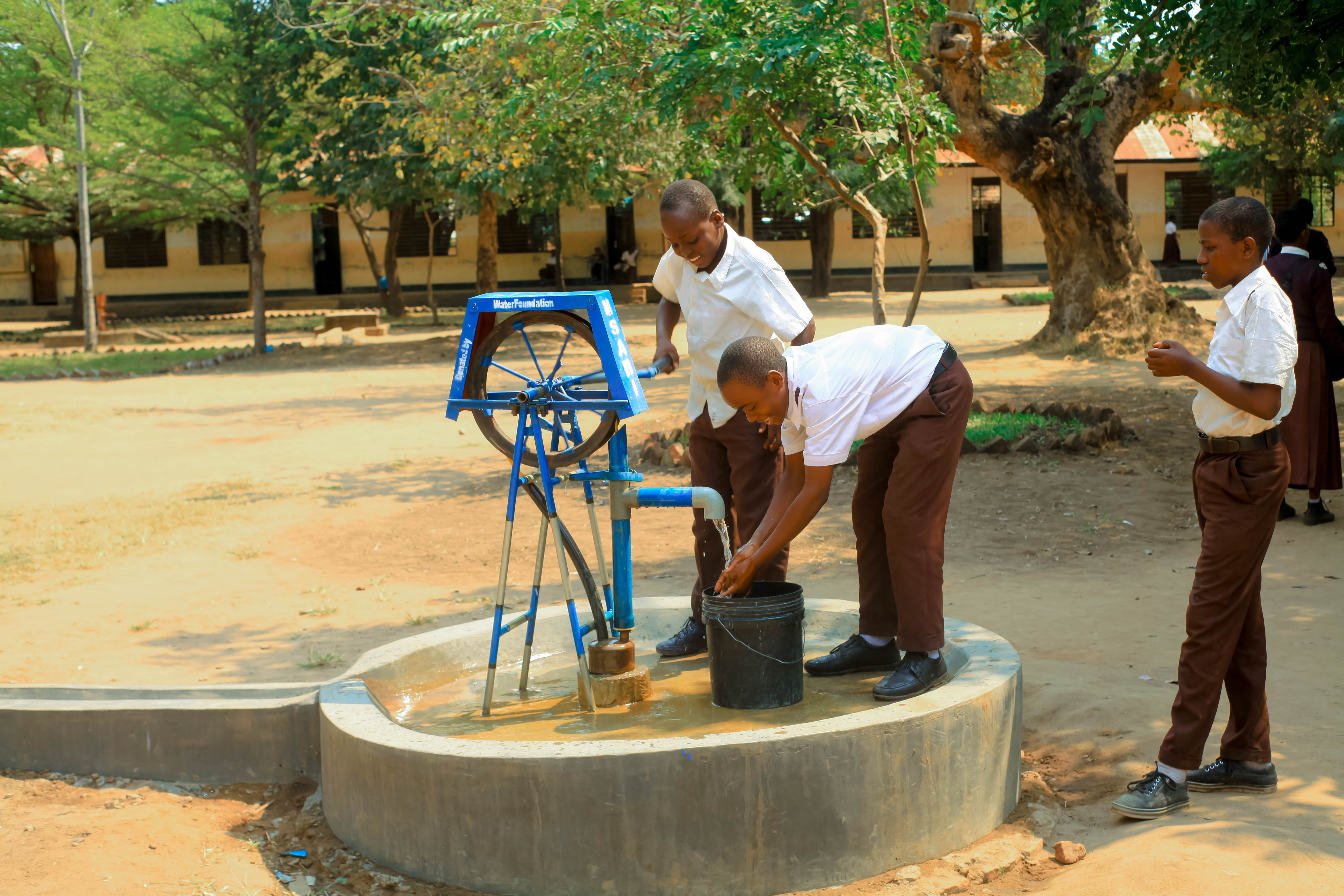
The good deed
About Burkina Faso
Ouagadougou
Capital city
23,251,485
population
as of 2023
874.1
Gross domestic product
per capita per year in USD
as of 2023
0.438
Human Development Index
(Human Development Index)
as of 2023/2024




